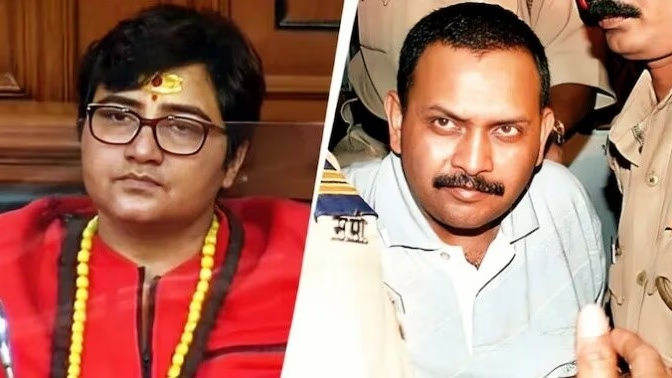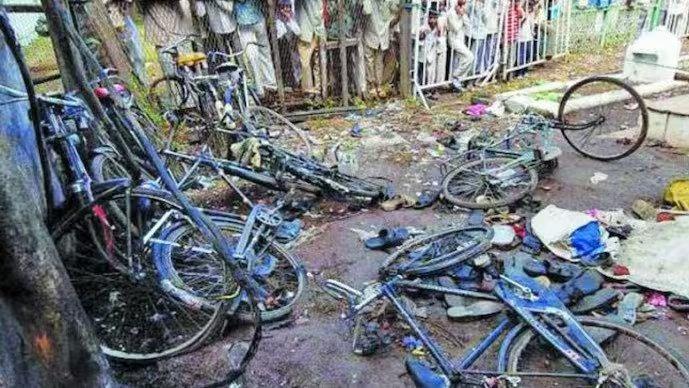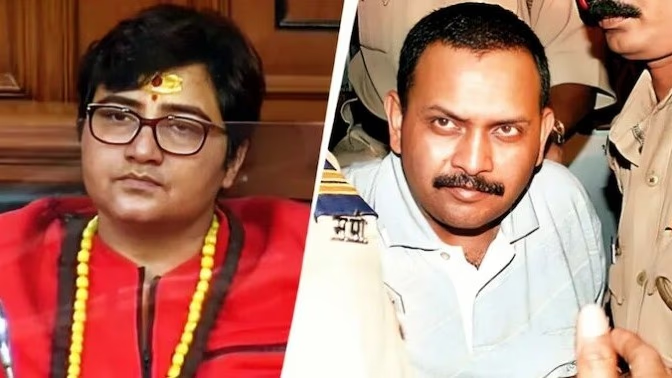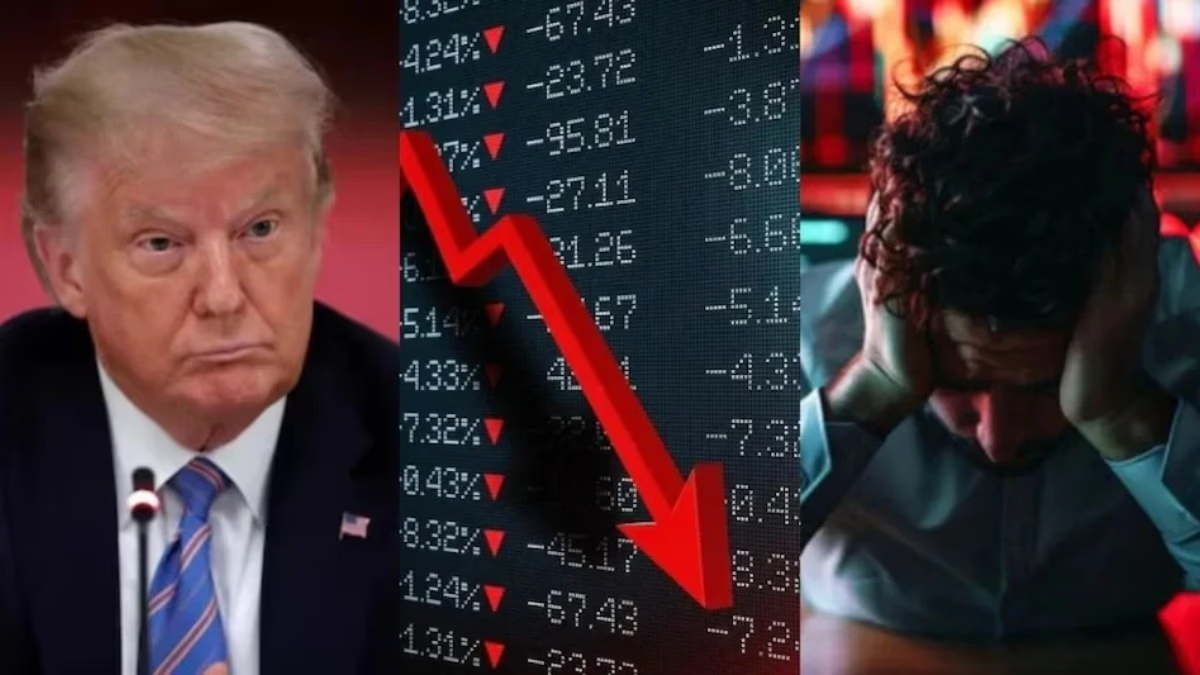In a landmark judgment delivered 17 years after the 2007 Malegaon bomb blast in Maharashtra, a special court in Mumbai found no evidence against all seven accused, including Sadhvi Pragya Singh Thakur and Lieutenant Colonel Purohit.
The prosecution could not establish a connection between Sadhvi Pragya and the motorcycle, nor was there any evidence proving Lieutenant Colonel Purohit procured RDX. Following the court's decision, the BJP-NDA accused the Congress of fabricating the 'saffron terror' narrative.
The Malegaon blast case from 2008 to 2025 represents not only a tale of a terror attack but also the intricate, lengthy journey of India’s judicial process. During this period, the case passed through the hands of five different special judges.
Special Judge A.K. Lahoti noted that despite "serious doubts" against the accused, these were insufficient for a conviction. This ruling undermines the "Hindu or saffron terror" narrative alleged by the opposition following the 2008 incident. ATS claimed the LML Freedom bike used belonged to Sadhvi Pragya Thakur.
The NIA court dismissed this claim, citing a lack of compelling evidence proving the ownership of the bike. The court stated, "The chassis number details were inconclusive in forensic examination, hence ownership could not be verified." The court also considered that Sadhvi Pragya had renounced worldly possessions years before the blast and had spent nine years imprisoned.
Read More: Army colleagues promoted to Brigadier, what's next for Colonel Purohit? Comments on Malegaon acquittal.
The court also acquitted Lieutenant Colonel Prasad Purohit, emphasizing the lack of evidence proving his procurement of RDX from Kashmir or involvement in bomb-making. The prosecution claimed that a radical Hindu group, 'Abhinav Bharat,' of which Purohit was a member, conspired the blast.
This claim was rejected by the court, which found no proof of 'Abhinav Bharat’s involvement in any "terrorist activity." However, the court acknowledged financial transactions between Purohit and another accused, Ajay Rahirkar, related to their roles in 'Abhinav Bharat.' But it expressly clarified that funds used by Purohit were for home construction and LIC policy, not terrorism.
Both victims and defendants agreed that judge transfers contributed to delays. Accused Sameer Kulkarni labeled it one of India’s longest trials, criticizing both the defense and prosecution for delays. Kulkarni even petitioned the Bombay High Court to expedite proceedings.
Victims' lawyer Shaheed Nadeem acknowledged the voluminous records reset trials each time with new judges, leading to extended delays. The case began under Special Judge Y.D. Shinde, who managed initial remand processes.
Read More: All 7 accused, including Sadhvi Pragya and Colonel Purohit, acquitted in Malegaon blast case; evidence insufficient.
Justice Y.D. Shinde (2008 - 2015):
Initially overseeing remand procedures for Pragya Thakur, Lt. Col. Purohit, and other accused, Shinde ruled that MCOCA (Maharashtra Control of Organized Crime Act) sections were inapplicable as no multiple charge sheets justified their invocation. This decision was later reversed by the Bombay High Court.
Justice S.D. Tekale:
Tekale rejected the NIA's request to exonerate Pragya Thakur, ruling that prima facie evidence warranted trial.
Justice V.S. Padalkar:
Inducted charges in October 2018 and formalized trial commencement, during which first witness testimonies were recorded.
Justice P.R. Sitre:
Despite the COVID-19 pandemic, he completed interrogations of 100 witnesses. Upon an impending transfer, victims pleaded with the High Court Chief Justice to delay relocation to avoid trial interruptions.
Justice A.K. Lahoti:
Assumed case leadership in June 2022. On the eve of his proposed transfer to Nashik in April 2025, victims petitioned the High Court to retain him until trial conclusion, resulting in an extended tenure until August 2025 for final verdict delivery.
Thakur attributed her exoneration to "victory for saffron," blaming her 17-year ordeal on "attempts to tarnish saffron's image." She expressed faith in divine justice against detractors.
Accused React to Acquittal
Afterward, Thakur, Purohit, and other exonerated defendants thanked Special NIA Judge A.K. Lahoti and their legal teams. Thakur recounted how her life was devastated post-arrest in 2008, surviving due to her "ascetic" lifestyle. "This case was for saffron, not just me. Saffron's victory is justice today. Those maligning saffron will face divine consequences," she declared.
Colonel Purohit asserted his innocence, vowing continued dedication to national service with renewed fervor, remarking, "No investigative agency is inherently wrong; it's the people in them that may err. This country is great; we must ensure the wrong individuals do not rise to power, sparing people like us from suffering."
Read More: Malegaon Blast Case: 'ATS tortured me, asked for names like RSS-VHP leaders and Yogi,' states Lt Colonel Purohit in court filing.
On September 29, 2008, a bomb attached to a motorcycle exploded near a mosque in the town, about 200 kilometers from Mumbai, killing six and injuring 101 others.
The special court acquitted all accused due to "inadequate, unreliable evidence," emphasizing that no religion advocates violence. The court reiterated, "Terrorism lacks religion, and convictions cannot rest on mere assumptions."




